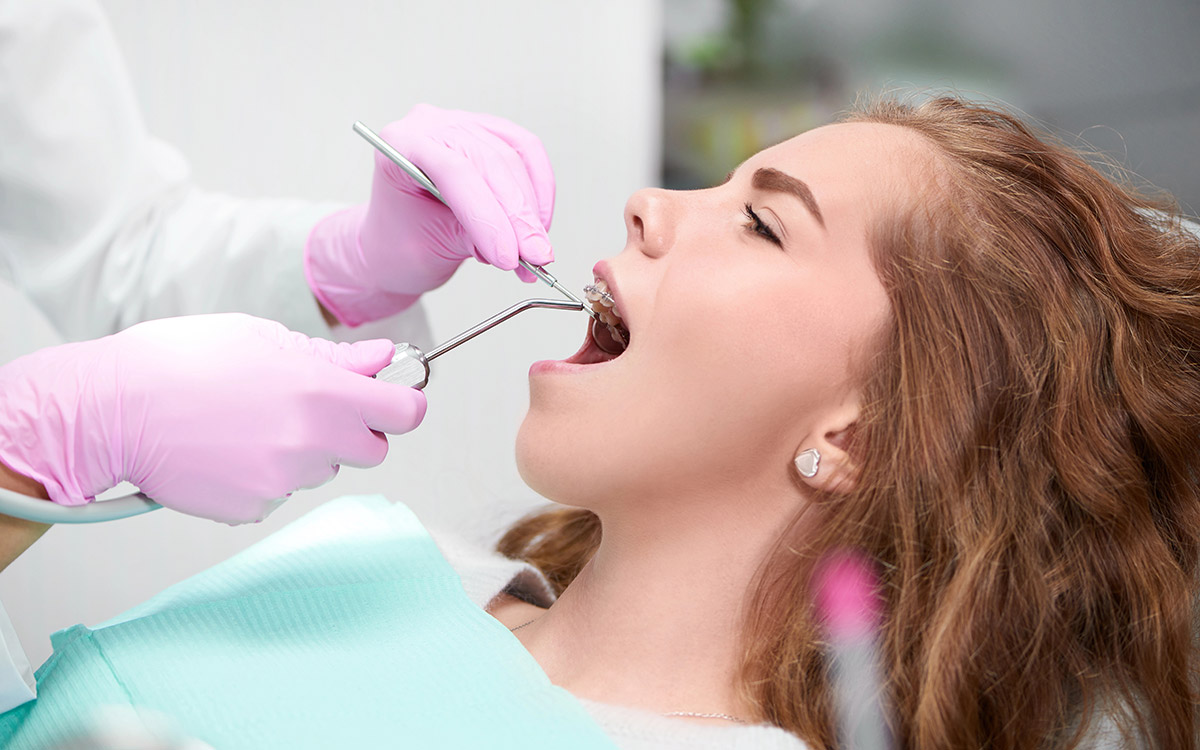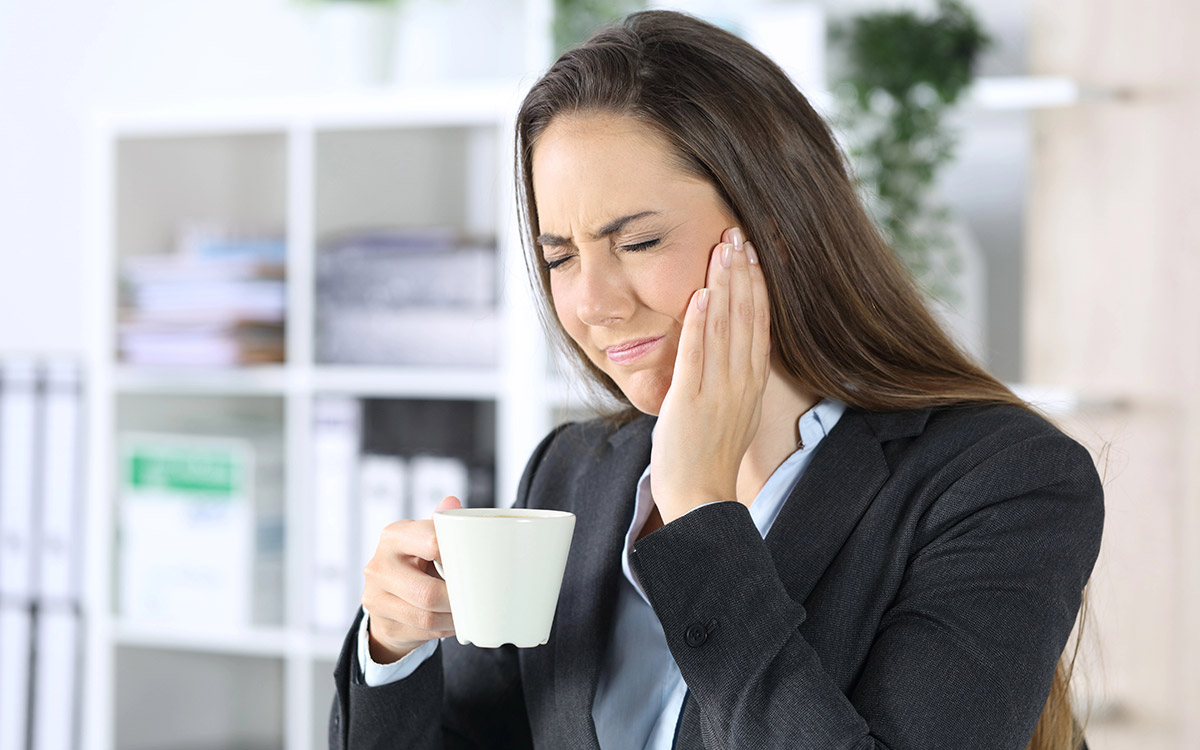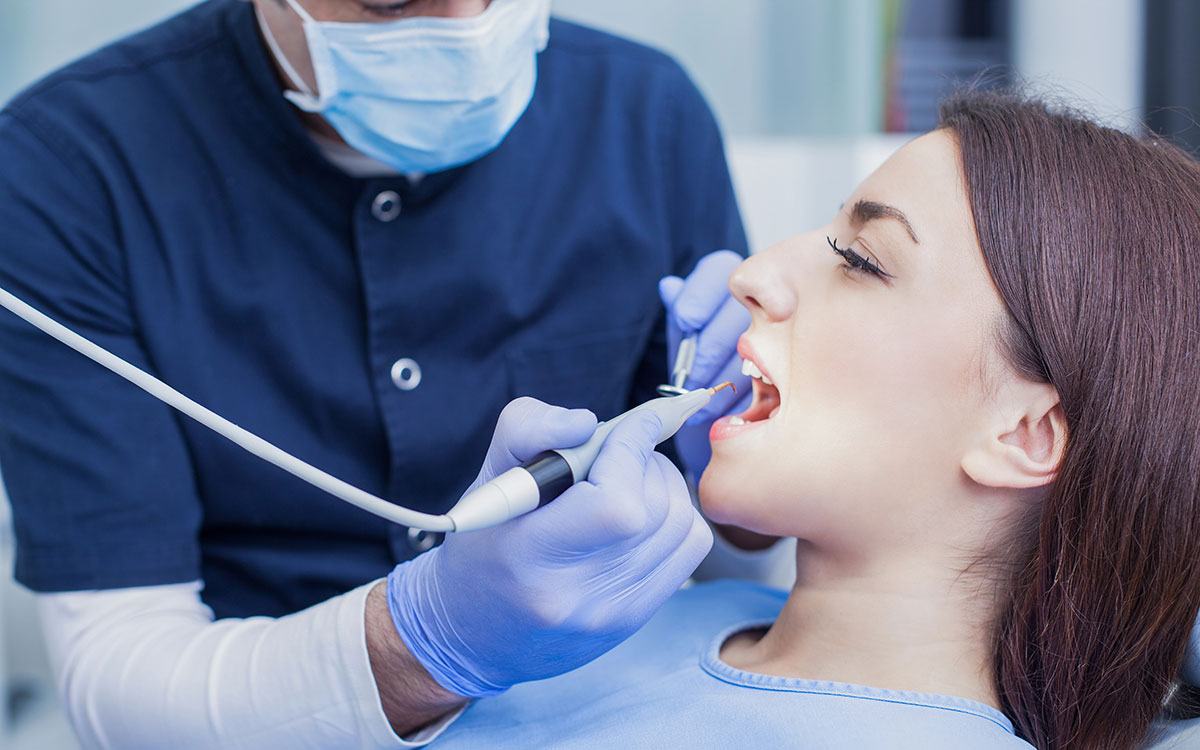Aging affects all the tissues in the body, including your mouth and teeth. Unfortunately, aging is not always ‘attractive,’ which affects dental health as well. Dental health is often at risk, and aging increases said risk. Unfortunately, this is something that older adults cannot avoid.
The Federal Interagency Forum on Aging-Related Statistics predicts that US adults 65 years or older will reach 72 million by 2030, taking almost 20% of the population. This population will be significantly affected by dental diseases because of aging.
Therefore, it is vital to learn more about the effects of aging on the mouth and how we can slow down the process or at least put measures to reduce the impact. Additionally, this information should help provide optimum dental care for the elderly.
The information below seeks to shed some light on this topic. It will cover the dental diseases related to aging and how to keep your mouth younger. But first, have you ever wondered what happens to the mouth when you age?
What Happens To The Mouth As You Age?
Older adults will notice a series of unfortunate dental changes as they age due to multiple factors. Some of these include:
Gum recession
Gum recession is where the margin of the gum tissue that surrounds the teeth pulls back or wears, leaving the teeth exposed. It is a gradual process, and most people don’t realize they have it until it’s too late.
Gum recession is prevalent among older adults because tissues become thinner and elastic as you age. Additionally, a lifetime of brushing can make the gums pull back. Sadly, this leaves the teeth exposed to infection as bacteria can easily build up and cause tooth decay.
Increase in infection
Cells are constantly dying and regenerating in the body. This process is fast when you are younger, so you do not develop any infections or other health issues. However, as you age, cells will regenerate slower, and this puts you at risk of infection.
Older adults are more prone to dental infections because their cells regenerate slower. Therefore, they are more likely to develop gum and tooth diseases.
Similarly, older adults have less efficient immune systems due to multiple factors. A weakened immune system is less efficient at preventing infections and healing the body. Therefore, older adults experience more severe dental symptoms.
Yellowing of the teeth
Some older adults also notice discoloration on their teeth after turning a certain age. Yellowing can be one of two things. First, a lifetime of vigorous brushing may have eroded the enamel, exposing the dentin layer, which is yellow.
Another explanation is years of staining because of coffee, tea, carbonated drinks, and even smoking. Using these products over a lifetime will stain the enamel, causing significant and noticeable discoloration.
Sensitivity
This is another problem related to enamel erosion. Again, a lifetime of brushing erodes the enamel. While it is the hardest substance in the body, it is also easy to erode and damage. Vigorous brushing wears the enamel, exposing the sensitive layers of the teeth; when this happens, you develop sensitivity to extreme temperatures.
Age-Related Dental Diseases
Cavities
Dental cavities are areas of the teeth that have sustained a lot of damage, leading to the formation of small holes. Cavities develop when the bacteria in the mouth mixes with sugar and releases an acid that erodes the enamel. This acid eats away at the teeth, leading to cavities.
Older adults develop cavities because of multiple factors. For starters, receding gums expose their teeth to bacteria and plaque build-up, leading to cavities. They develop at the root of the tooth, making it harder to save.
Additionally, older adults are more prone to bacteria because they are not as thorough with cleaning their teeth due to physical movement challenges and sensitivity. This causes more bacteria build-up, leading to cavities. Older adults should practice brushing and flossing well to prevent bacteria buildup.
Gum Diseases
As mentioned, receding gums are common in older adults because of the stretching and thinning of the tissue. Unfortunately, receding gums exposes the root of the teeth to bacteria buildup, leading to tooth decay and gum inflammation.
Some older adults develop gingivitis, a type of gum disease that occurs when plaque buildup irritates the gum tissue. With time, it progresses to periodontitis, which further damages the gums and can even affect the jawbone.
Without treatment, older adults will lose their teeth. The adults can practice better oral hygiene and get regular dental care to prevent this.
Dry Mouth
Dry mouth is a condition where saliva production is not enough, leaving the mouth very dry. Many older adults develop dry mouth as a side effect of medicine use. It is also a symptom of various conditions.
Saliva helps to protect the teeth and gums from dental disease by flushing away bacteria. Therefore, when the salivary glands do not produce enough saliva, it increases the risk of infection and gum disease.
It can also trigger mouth sores, oral thrush, and difficulty chewing and swallowing. Some older adults even have trouble tasting food. If you develop dry mouth, visit your dentist for proper diagnosis and treatment for the underlying cause.
Oral Cancer
And lastly, oral cancer is common in older adults above 45 because of a weakened immune system and poor dental hygiene. Rubbing from rough tooth fillings and dentures can also increase the risk of oral cancer in older adults.
If you’ve been smoking and using tobacco all your life, you may also develop oral cancer when you turn a certain age. For this reason, older adults must keep up with regular dental checkups.
Practitioners often screen for oral cancer during bi-annual dental checkups. Diagnosing the disease early makes treatment more efficient. Therefore, older adults should keep up with these dental checkups.
Final Thought
While you cannot stop aging, you can take measures to prevent getting some age-related diseases. Similarly, you can seek immediate treatments to increase your chances of successful recovery and use for your teeth.







